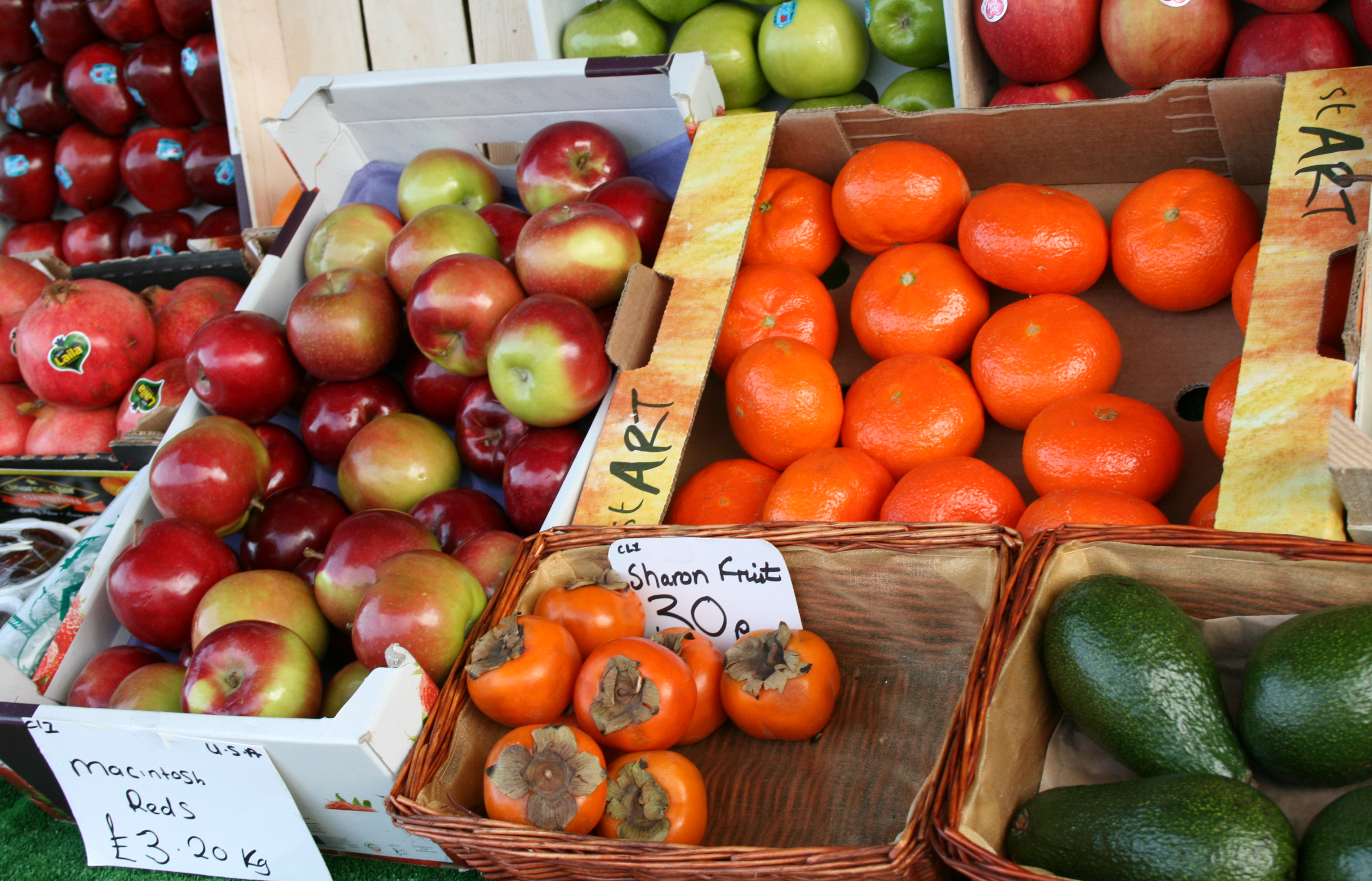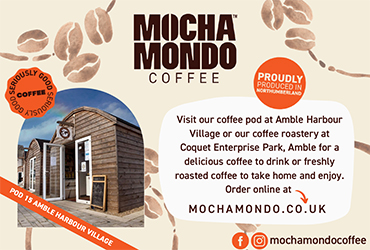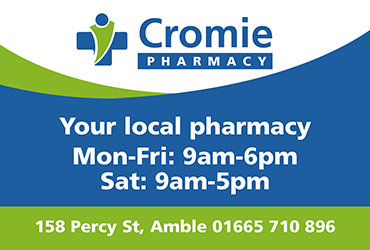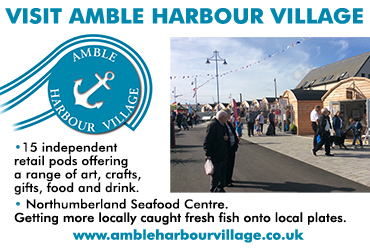Thank you, Sir David, now what can we do?
 David Attenborough’s brilliant television series Blue Planet 2 showed some wonderful wildlife in our oceans. It also illustrated the appalling damage caused by the plastics we all find so convenient.
David Attenborough’s brilliant television series Blue Planet 2 showed some wonderful wildlife in our oceans. It also illustrated the appalling damage caused by the plastics we all find so convenient.
Even in the remotest places on Earth, creatures are being killed by the plastic waste washed into the sea from our rivers and drains.
We now know that this plastic survives for many years, with some of it also breaking up into tiny particles which will end up in our food supply as well as in wild animals.
Environmentalists have tried hard to campaign on this issue, but it was Sir David Attenborough’s amazing programmes that really raised the alarm.
At long last, this huge problem has attracted attention. That gives hope for a solution. Government ministers promise future action, and the opposition demand action now.
Journalists interview supermarket bosses and shoppers to find out what can be done about excessive packaging.
We may feel helpless as individuals, but we really can help, and we can start today. If we each do a little, that adds up to a lot because there are a lot of us! Simply looking at what is available in our local shops, we can choose to take home less plastic. We can take our own shopping bags, not just to the supermarkets which charge for new plastic bags, but to small shops which don’t yet have to charge. That saves them money too – very important if the shops are to stay in business.
Where there is a choice, we can choose loose items instead of over-packaged goods.
Amble has lots of small independent shops, which are keen to have our custom and have the freedom to respond to what we want.
Take a look in the greengrocers in Queen Street. Most of the fruit and vegetables are sold loose, and most of them can go straight into your bag at the till. Five carrots and a couple of onions don’t need a plastic bag first!
Amble also has independent butchers and fishmongers, who use less packaging than supermarkets use on meat and fish. You can even take along your own re-usable plastic containers if you are determined to cut down on plastic bags. If we feel brave enough, we can tell the retailer why we’re making the choice, or ask them to offer more unwrapped products.
Positive, practical ideas could be shared, perhaps through the Ambler. Retailers: what are you going to try? Shoppers: what do you suggest? Let’s not wait for politicians to talk endlessly about what they might do to help – let’s just get on with it.
Sheila Pearson












